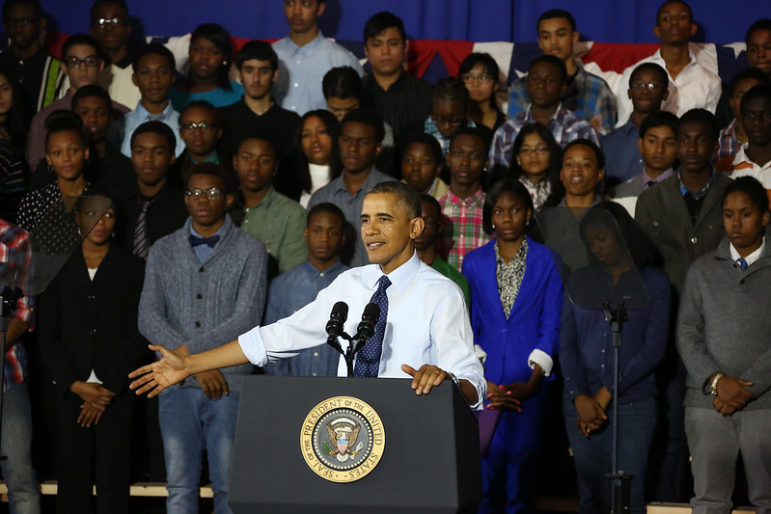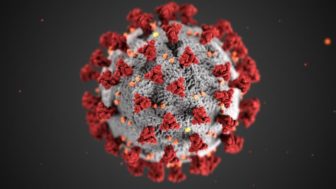A recent report finds that aid from Washington has dropped by nearly $2 billion since 2010.

Edward Reed
Since the 2010 federal budget, early in President Obama’s tenure, New York has seen declining support from the federal government for human services.The glass-half-full view of Thursday’s failure by Senate Republicans to pass their “skinny” stimulus bill is that now the upper chamber will have to consider a huskier relief package, like the one the MTA, CUNY and just about every other public institution in New York has been clamoring for.
The less hopeful take is that Congress will be unable to agree on anything before Election Day.
Whatever view gets validated by reality over the next two months, the fact is this year’s acute need for federal funds is built on years of reduced support from Washington for the human services programs that protect vulnerable populations in the city. That’s according to recent research by the Federation for Protestant Welfare Agencies (FPWA), an advocacy organization.
FPWA found that between fiscal years 2010 and 2018, federal grants to New York City fell by $1.8 billion or 21 percent, after adjusting for inflation. The biggest drop was in education ($1.3 billion) followed by social services ($320 million). Some of that drop might reflect the end of stimulus programs President Obama created during the 2007-2009 financial crisis, but there’s more to it than that. The feds still provide a healthy chunk of the city’s annual funding—in the recently adopted 2021 budget, the $7.3 billion from D.C. comprises about one 12th of city revenue—but the federal share is less than it was before the Obama stimulus packages.
The five relief bills passed so far – the $8.3 billion Coronavirus Preparedness and Response Supplemental Appropriations Act, $8.3 billion Families First Coronavirus Response Act and $2.2 trillion CARES Act in March and the $484 billion Paycheck Protection Program and Health Care Enhancement Act in April—will have sent a total of $831 million to New York City for human services, by FPWA’s estimates.
That’s not the full impact of the stimuli on the five boroughs, because many households received direct help and other money was routed to state and local agencies, but it’s still “woefully inadequate” according to the advocacy group. It warns of devastating impacts on the city’s human services nonprofits.
The Health and Economic Recovery Omnibus Emergency Solutions Act (known as the HEROES Act), which passed the House in May but has languished in the Senate, would provide much of the short-term relief New York City needs.
But the deeper problem of eroding federal support—seen most visibly in crumbling NYCHA developments but a factor in other areas as well—will likely require the kind of shift only a change in the White House and a shift in control of the Senate can deliver. Current projections have the fight for Senate control hinging on six states.










One thought on “Feds’ Stimulus Stall Comes After Years of Cutting Help to NYC”
I’m happy to know that agencies like the Federation for Protestant Welfare Agencies are studying issues related to NYS and NYC subsidizing the rest of the state & country. When we talk about income or revenue inequalities, it’s important to note NYS tax dollars support states like Kentucky, which is represented by Sen Mitch McConnell. He will not help blue states like NY by reimbursing us for Covid 19 costs. The idea of giving NY back our own tax dollars is something he won’t allow as the Senate Majority Leader. NY State Republicans need to face this fact & all New Yorkers need to become aware & hold Republicans accountable.